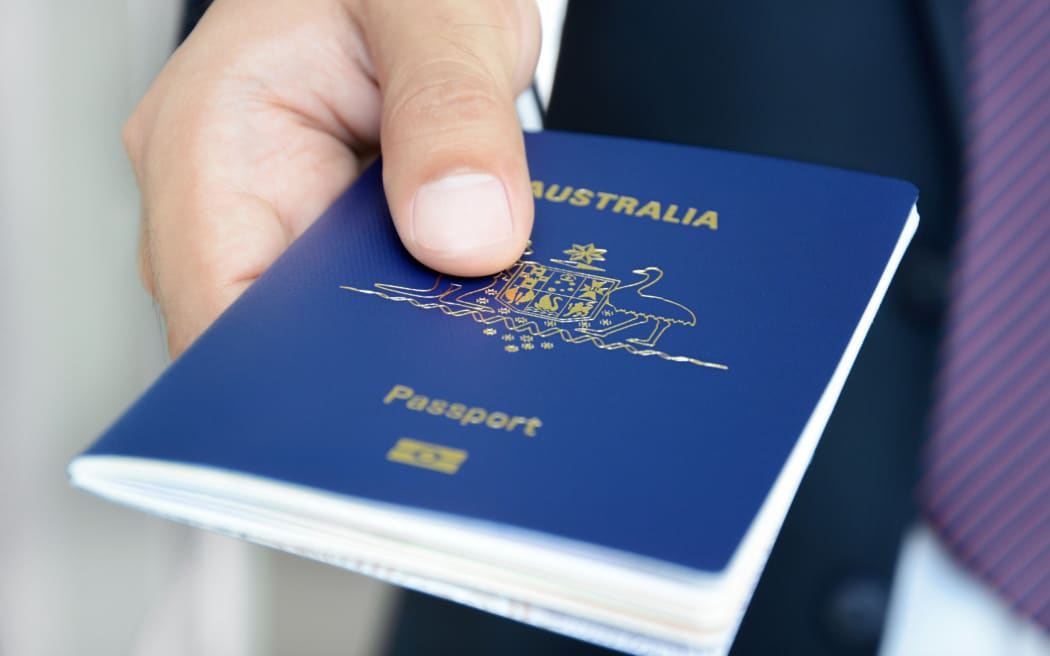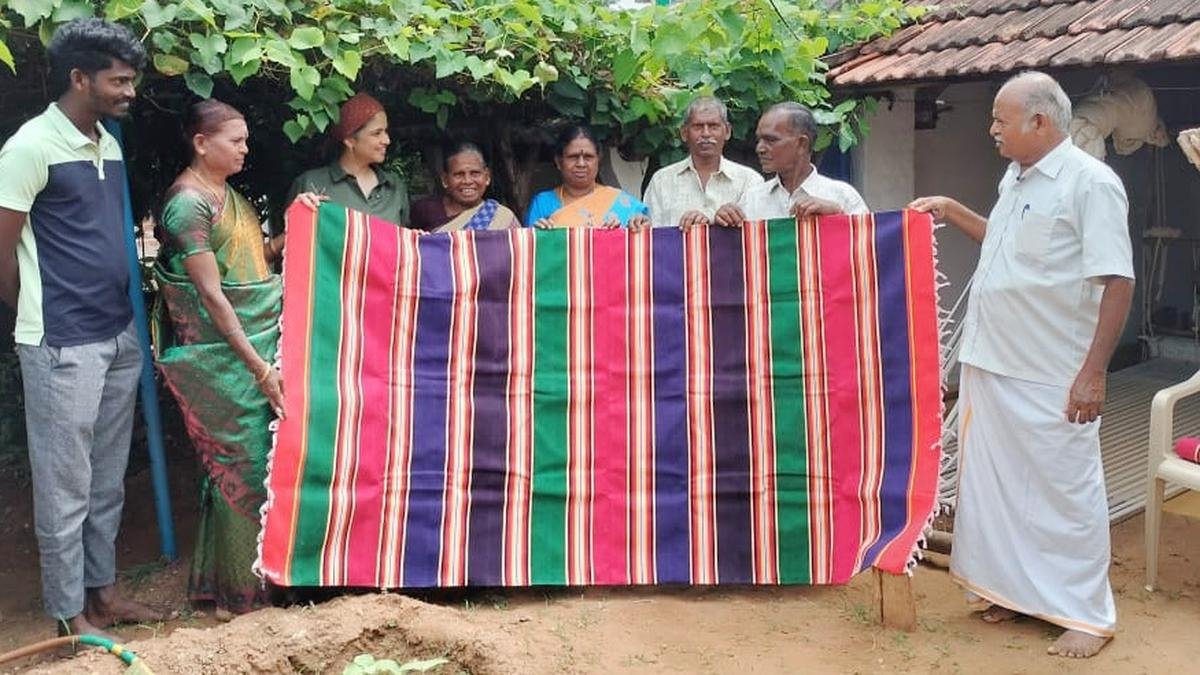The legal challenge leading to this verdict was brought forward by Kamaljit Kaur Athwal, an Australian Sikh, who contended that the ban unfairly singled out the Kirpan, one of the five essential religious symbols that Sikhs are mandated to carry as part of their faith
The Queensland Supreme Court has recently struck down a law that prohibited the wearing of the Kirpan, a religious dagger central to the Sikh faith, on school premises. The court deemed the ban unconstitutional, marking a significant victory for religious freedom and cultural expression.
The legal challenge leading to this verdict was brought forward by Kamaljit Kaur Athwal, an Australian Sikh, who contended that the ban unfairly singled out the Kirpan, one of the five essential religious symbols that Sikhs are mandated to carry as part of their faith.
Initially, a lower court had dismissed claims of discrimination against the ban on carrying knives, including the Kirpan, in public places and schools. However, in a recent decision, three judges in the Court of Appeal found that the Queensland Weapons Act from 1990, which enforced the knife ban, conflicted with Section 10 of the Commonwealth Racial Discrimination Act of 1975.
In response to the ruling, the Queensland Education Department is currently evaluating the implications of the decision. The department conveyed that it will carefully consider the outcome of the legal proceedings.
Athwal’s legal representative acknowledged the delicate balance that the court had to strike between an individual’s religious freedom and the safety concerns of students and teachers. This verdict is seen as a significant milestone for the Sikh community, as it grants them the freedom to practice their religion and participate fully in school life without facing prejudice.
The debate around allowing Sikhs to carry the Kirpan has been ongoing, touching on the intersection of religious beliefs and regulations regarding bladed instruments. This discussion has prompted some nations to make exceptions for Sikhs, particularly in recognition of the religious and cultural significance of the Kirpan.
The recent development in Queensland, lifting the ban on carrying knives within schools and public areas, was a direct result of legal action undertaken by Kamaljit Kaur Athwal. The Supreme Court of Queensland ruled that the ban, as outlined in section 55 of the Weapons Act 1990 (Qld), contradicted the Racial Discrimination Act 1975 (Cth), affirming the rights of Sikhs to freely practice their faith while upholding the principles of equality and nondiscrimination
Beyond the legal realm, there are additional complexities to consider, such as allowing Kirpans on commercial aircraft or within security-regulated zones. These situations require careful consideration to balance religious freedom with security concerns.
It’s worth noting that in May 2021, the state of New South Wales had introduced a ban on carrying knives, including Kirpans, onto school premises following a stabbing incident involving a Kirpan. However, after vocal opposition from the Sikh community and reconsideration by the Department of Education, new guidelines were implemented in August 2021. These guidelines stipulated that Kirpans should not exceed a certain length, should lack sharp points or edges, and should be discreetly worn beneath clothing, with temporary removal during sporting activities.
The recent development in Queensland, lifting the ban on carrying knives within schools and public areas, was a direct result of legal action undertaken by Kamaljit Kaur Athwal. The Supreme Court of Queensland ruled that the ban, as outlined in section 55 of the Weapons Act 1990 (Qld), contradicted the Racial Discrimination Act 1975 (Cth), affirming the rights of Sikhs to freely practice their faith while upholding the principles of equality and nondiscrimination.
*******************************************************
Readers
These are extraordinary times. All of us have to rely on high-impact, trustworthy journalism. And this is especially true of the Indian Diaspora. Members of the Indian community overseas cannot be fed with inaccurate news.
Pravasi Samwad is a venture that has no shareholders. It is the result of an impassioned initiative of a handful of Indian journalists spread around the world. We have taken the small step forward with the pledge to provide news with accuracy, free from political and commercial influence. Our aim is to keep you, our readers, informed about developments at ‘home’ and across the world that affect you.
Please help us to keep our journalism independent and free.
In these difficult times, to run a news website requires finances. While every contribution, big or small, will makes a difference, we request our readers to put us in touch with advertisers worldwide. It will be a great help.
For more information: pravasisamwad00@gmail.com










